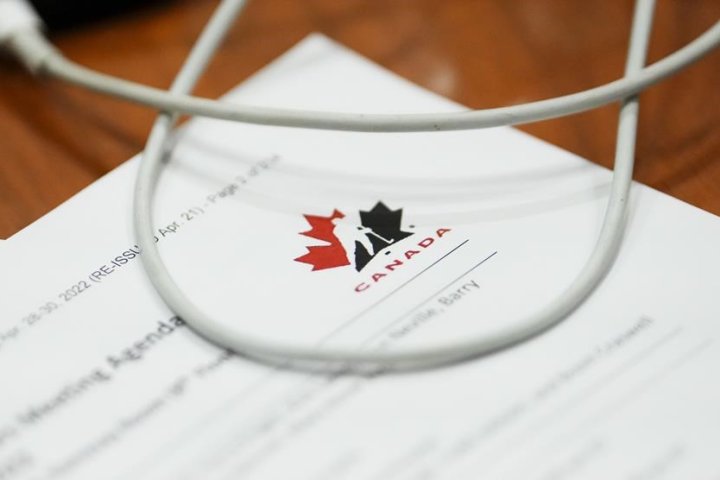
Title: Sports Integrity Commissioner’s First Annual Report Highlights 34% of Complaints Deemed Admissible
Introduction:
In a significant step towards ensuring transparency and fairness in the world of sports, the Sports Integrity Commissioner recently released its first annual report. The report sheds light on the integrity issues faced by various sports organizations and highlights the progress made in addressing complaints. Notably, the report reveals that 34% of the complaints received were deemed admissible, indicating the need for continued efforts to maintain the integrity of sports.
Understanding the Role of the Sports Integrity Commissioner:
The Sports Integrity Commissioner is an independent body established to oversee and regulate ethical conduct within the sports industry. Its primary objective is to ensure fair play, prevent corruption, and uphold the integrity of sporting events. By investigating complaints and implementing appropriate measures, the commissioner aims to maintain public trust and confidence in sports.
Key Findings of the First Annual Report:
The first annual report released by the Sports Integrity Commissioner provides valuable insights into the state of integrity within the sports industry. Among the notable findings, the report highlights that 34% of the complaints received were deemed admissible for further investigation. This indicates that a significant number of concerns raised by athletes, officials, and fans were considered valid and warranted further attention.
Factors Contributing to Admissibility:
The report outlines several factors that determined the admissibility of complaints. These factors include the credibility of evidence, relevance to sporting integrity, potential impact on fair competition, and adherence to established regulations. Complaints meeting these criteria were deemed admissible, demonstrating the commissioner’s commitment to thoroughly evaluating each case.
Types of Complaints Addressed:
The report categorizes the admissible complaints into various areas of concern. These include doping violations, match-fixing allegations, unethical behavior by athletes or officials, financial irregularities, and breaches of sporting regulations. By identifying these specific areas, the Sports Integrity Commissioner can focus its resources on tackling the most pressing issues affecting the integrity of sports.
Actions Taken and Recommendations:
The report also highlights the actions taken by the Sports Integrity Commissioner in response to admissible complaints. These actions range from launching investigations, conducting hearings, imposing penalties, and implementing preventive measures. Additionally, the report provides recommendations to sports organizations, urging them to strengthen their internal integrity mechanisms and collaborate with the commissioner to create a culture of transparency and accountability.
Importance of Transparency and Public Awareness:
The release of the first annual report by the Sports Integrity Commissioner signifies a significant step towards enhancing transparency and public awareness in the sports industry. By sharing detailed information about the admissibility of complaints, the commissioner aims to build trust among stakeholders and encourage individuals to come forward with concerns regarding integrity issues. This increased transparency will ultimately contribute to a cleaner and fairer sporting environment.
Conclusion:
The Sports Integrity Commissioner’s first annual report serves as a crucial milestone in the ongoing efforts to safeguard the integrity of sports. The 34% admissibility rate of complaints underscores the importance of maintaining vigilance and addressing concerns promptly. As the commissioner continues its work, it is expected that future reports will provide further insights into the progress made in combating integrity issues and ensuring fair play in sports.

